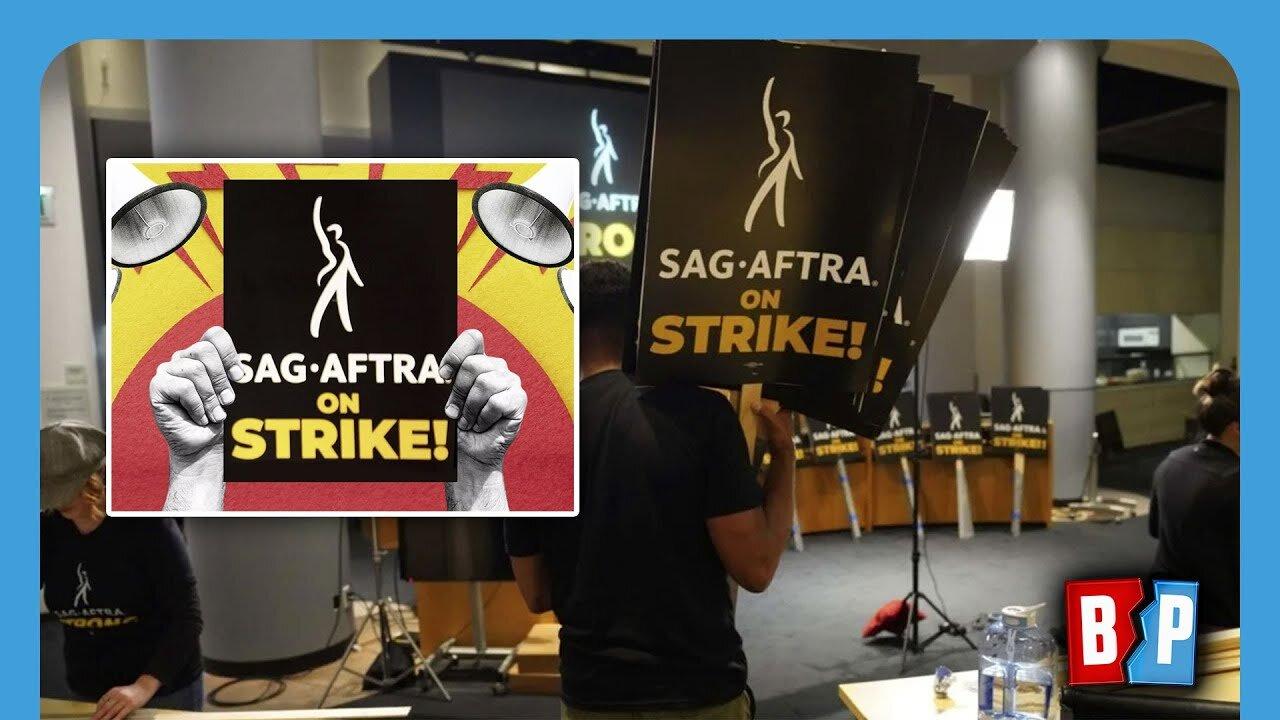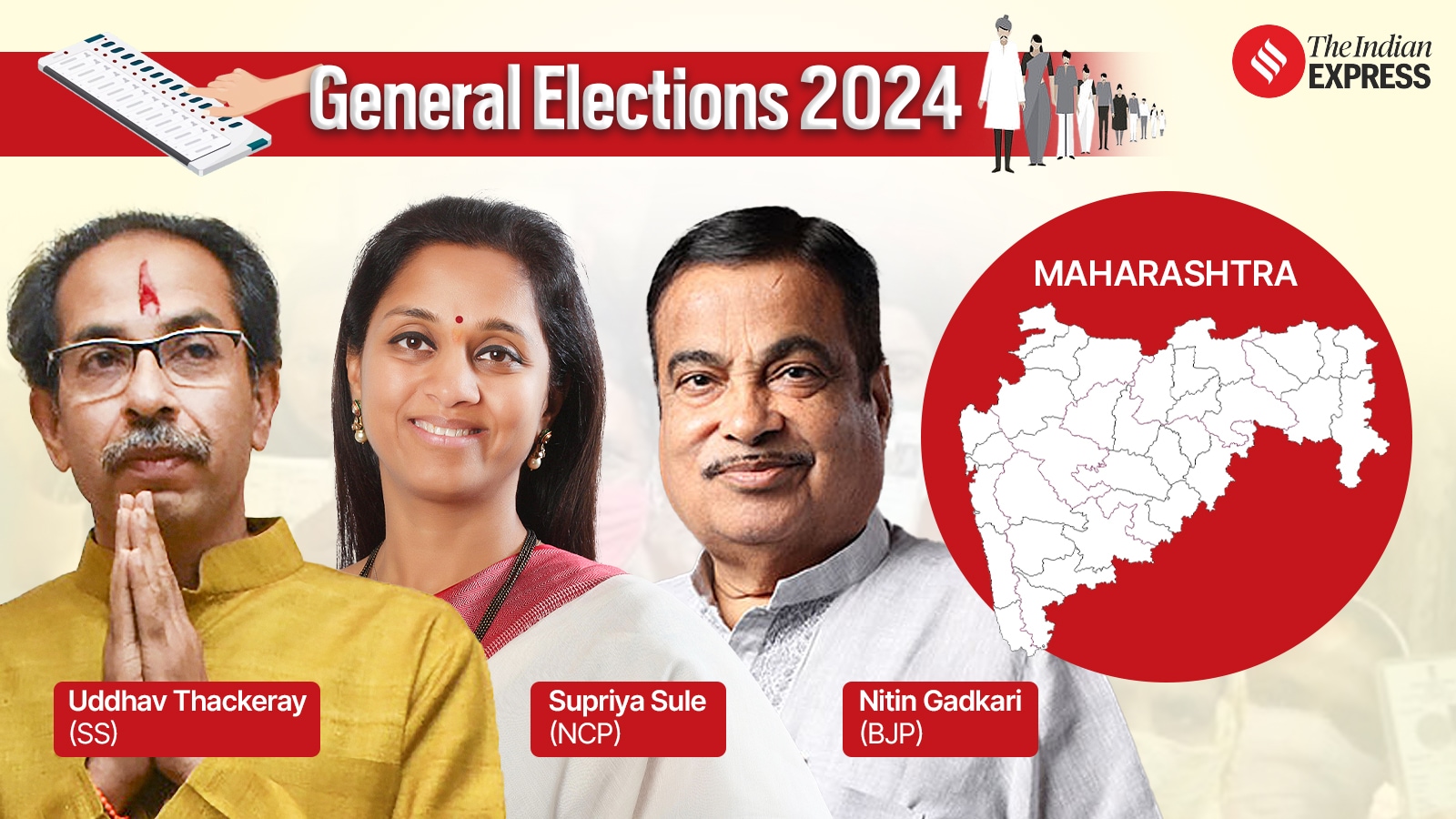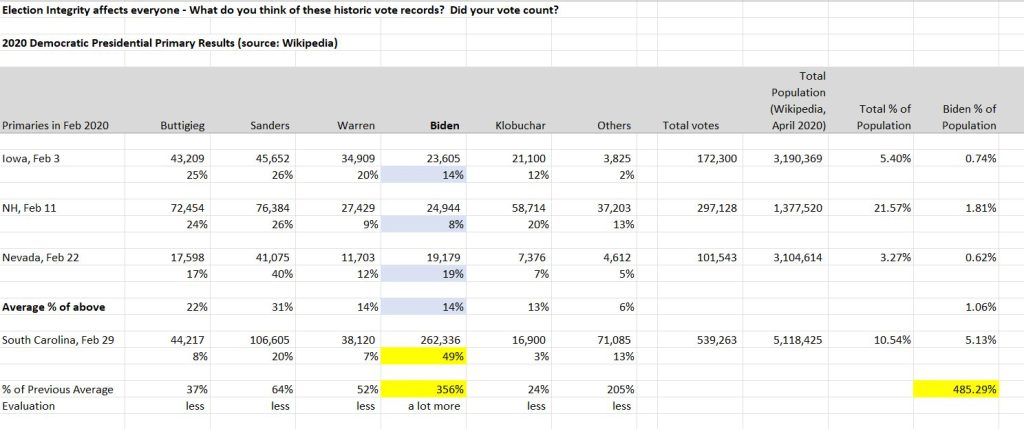Hollywood Shutdown: Actors And Writers On Strike — What It Means For The Industry

Table of Contents
The Root Causes of the Hollywood Shutdown
The current Hollywood shutdown is the result of simultaneous strikes by two powerful unions: the Writer's Guild of America (WGA) and the Screen Actors Guild - American Federation of Television and Radio Artists (SAG-AFTRA). Both unions cite years of stagnant wages, unfair labor practices, and the existential threat of artificial intelligence as driving forces behind their actions.
Writer's Guild of America (WGA) Strike Demands
The WGA strike is fueled by concerns over fair compensation in the streaming era and the changing nature of creative work. Key demands include:
- Fair Wages and Residuals in the Streaming Era: Traditional licensing models that provided writers with residuals for reruns and syndication have been largely replaced by streaming deals that offer significantly less compensation. The WGA seeks to establish a fair system of residuals that reflects the continued value of their work on streaming platforms.
- Increased Minimum Staffing Levels on Productions: Years of cost-cutting measures have led to reduced writing staffs, resulting in overworked and underpaid writers. The WGA demands a return to adequate staffing levels to ensure quality and fair working conditions.
- Regulations Regarding the Use of AI in Writing: The rise of AI writing tools poses a significant threat to writers' livelihoods. The WGA demands regulations to prevent the use of AI to replace human writers and protect their creative ownership.
- Protection of Writers' Creative Control: The WGA seeks greater control over their work and protection against arbitrary changes made by studios without their input.
Screen Actors Guild - American Federation of Television and Radio Artists (SAG-AFTRA) Strike Demands
SAG-AFTRA's strike mirrors many of the WGA's concerns, focusing on fair compensation and the impact of new technologies. Their key demands include:
- Fair Compensation for Streaming and Residuals: Similar to the WGA, SAG-AFTRA demands a fair system of residuals that reflects the value of their work on streaming platforms. This is crucial, as streaming has drastically altered the way actors are compensated for their performances.
- Improved Health and Pension Plans: The changing landscape of the entertainment industry has placed increased pressure on actors' health and retirement benefits. SAG-AFTRA seeks to improve these crucial safety nets.
- Protection Against the Use of AI in Replacing Actors: The potential use of AI to generate actors' likenesses and performances poses a direct threat to actors' livelihoods and requires strong protections.
- Regulations on Self-Tape Auditions: The prevalence of self-tape auditions, while seemingly convenient, often places additional financial and logistical burdens on actors, impacting their well-being.
The Breakdown of Negotiations
Negotiations between both unions and the Alliance of Motion Picture and Television Producers (AMPTP) broke down due to fundamental disagreements on key issues. The AMPTP's perceived unwillingness to address concerns regarding fair compensation, particularly residuals in the streaming era, and the threat of AI proved to be major sticking points, ultimately leading to the strikes. The lack of compromise from both sides resulted in the current industry-wide standstill.
Impact of the Hollywood Shutdown on the Industry
The Hollywood shutdown has far-reaching consequences, affecting all levels of the entertainment ecosystem.
Production Halts and Delays
Numerous film and television productions have been indefinitely halted. High-profile projects, including major network shows and blockbuster films, have been significantly impacted, creating a domino effect across the industry.
Financial Implications
The economic impact is substantial. Studios and production companies face significant financial losses due to production delays and cancellations. Crew members, from camera operators to makeup artists, are facing unemployment, and local economies reliant on film production are suffering revenue decreases.
The Streaming Wars' Role
The rise of streaming services has undeniably contributed to the issues leading to the strike. The shift from traditional licensing models to subscription-based streaming has resulted in significantly reduced residuals for both writers and actors, despite the increased reach and viewership of their work. The “streaming wars” have inadvertently intensified the existing inequalities within the industry.
Impact on Global Film Festivals and Awards Shows
The shutdown is already having an effect on major film festivals and awards shows. The Emmys, for example, are likely to be impacted, and the release schedules of many highly anticipated films are facing delays.
Potential Outcomes and Long-Term Effects of the Hollywood Shutdown
The outcome of the Hollywood shutdown remains uncertain, but several potential scenarios and long-term effects are emerging.
Possible Negotiation Outcomes
Several scenarios are possible. A compromise agreement could involve a renegotiation of residuals, increased minimum staffing levels, and clear regulations regarding the use of AI. However, if negotiations fail to reach a compromise, the strike could continue for an extended period, leading to further disruptions and potential long-term changes in industry practices.
The Future of Creative Work in the Digital Age
This strike highlights the urgent need to address the implications of AI and the changing landscape of creative work. The future of writing and acting in the digital age hinges on protecting creative professionals from exploitation and displacement by technological advancements.
Shift in Power Dynamics
The strike has the potential to significantly shift the power dynamics between studios, networks, and the creative workforce. Successful negotiations could lead to a more equitable distribution of power and influence, potentially leading to more favorable working conditions for writers and actors.
Conclusion
The “Hollywood Shutdown” is a critical moment in the history of the entertainment industry. The actors' and writers' strikes highlight the urgent need for fair compensation, improved working conditions, and safeguards against the disruptive effects of technological advancements. The outcome of these strikes will significantly impact not only the creative landscape but also the economic stability of numerous individuals and communities. Understanding the complexities of this situation is crucial. Stay informed on the latest developments in the ongoing Hollywood shutdown and its lasting implications for the future of film and television. Keep checking back for updates on the “Hollywood Shutdown” as the situation unfolds.

Featured Posts
-
 Radio 4 Why Nick Robinson And Emma Barnett Dont Present Together
May 03, 2025
Radio 4 Why Nick Robinson And Emma Barnett Dont Present Together
May 03, 2025 -
 The Return Of Classic Fortnite Skins Item Shop Update
May 03, 2025
The Return Of Classic Fortnite Skins Item Shop Update
May 03, 2025 -
 Signing And Exchange Of Notes Grant Assistance To Mauritius
May 03, 2025
Signing And Exchange Of Notes Grant Assistance To Mauritius
May 03, 2025 -
 The Walking Deads Negan In Fortnite Jeffrey Dean Morgan Speaks
May 03, 2025
The Walking Deads Negan In Fortnite Jeffrey Dean Morgan Speaks
May 03, 2025 -
 Guide Des Spectacles La Seine Musicale 2025 2026
May 03, 2025
Guide Des Spectacles La Seine Musicale 2025 2026
May 03, 2025
Latest Posts
-
 Jinapor Reflects On Npps 2024 Election Loss Analysis And Future Outlook
May 03, 2025
Jinapor Reflects On Npps 2024 Election Loss Analysis And Future Outlook
May 03, 2025 -
 Post Election Audit Pilot Program Begins In Maine
May 03, 2025
Post Election Audit Pilot Program Begins In Maine
May 03, 2025 -
 Abu Jinapor On Npps 2024 Election Loss Unexpected Setback And Challenges Ahead
May 03, 2025
Abu Jinapor On Npps 2024 Election Loss Unexpected Setback And Challenges Ahead
May 03, 2025 -
 Do You Trust Sc Elections Survey Results Show Overwhelming Yes 93
May 03, 2025
Do You Trust Sc Elections Survey Results Show Overwhelming Yes 93
May 03, 2025 -
 Maine Launches Pilot Post Election Audit What To Expect
May 03, 2025
Maine Launches Pilot Post Election Audit What To Expect
May 03, 2025
